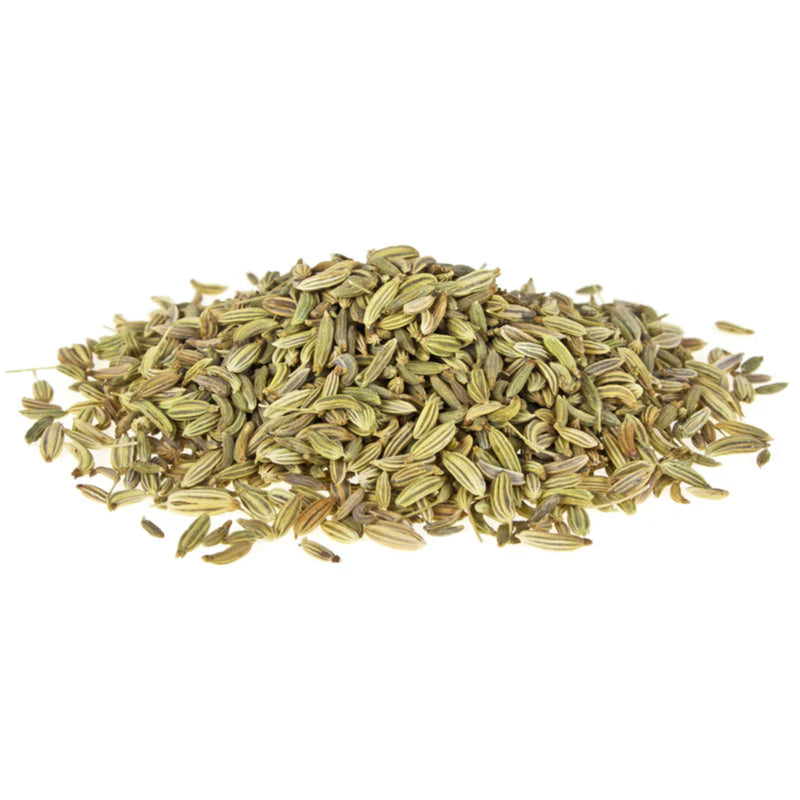
Fennel Care: Top Strategies for Disease-Free Growth
Share
Introduction
Fennel, with its delicate fronds and aromatic seeds, is a popular herb used in various cuisines around the world. However, like any plant, fennel is susceptible to diseases that can affect its growth and overall health. In this guide, we will explore common diseases impact fennel plants, the importance of disease management, and simple strategies for success in maintaining a healthy crop.

Prevention Through Proper Planting Practices
Choosing the Right Location
Ensure fennel is planted in a sunny spot with well-draining soil to prevent waterlogging, which can lead to root rot.
Optimal Soil and Water Conditions
Fennel thrives in nutrient-rich soil with a pH of 6.0 to 7.0. Regular watering is essential, but avoid overwatering to prevent fungal diseases.
Importance of Crop Rotation
Rotating fennel with other crops can reduce the buildup of soil-borne pathogens and improve overall plant health.
Early Detection and Diagnosis of Diseases
Recognizing Symptoms of Common Fungal Infections
Look out for yellowing or wilting leaves, powdery mildew, or black spots, which are common signs of fungal diseases in fennel.

Identifying Bacterial and Viral Diseases
Symptoms like leaf spots, wilting, or stunted growth could indicate bacterial or viral infections that require prompt action.

Using Diagnostic Tools and Techniques
Conduct regular inspections of your fennel plants, and if you suspect a disease, consult with a plant health expert for accurate diagnosis.
Natural and Organic Remedies for Disease Control
Utilizing Beneficial Insects and Predators
Ladybugs, lacewings, and parasitic wasps can help control pest populations that may transmit diseases to fennel.

Implementing Crop Diversity and Companion Planting
Growing fennel alongside plants like dill, coriander, or marigolds can deter pests and diseases while promoting biodiversity.
Homemade DIY Sprays and Solutions
Create natural remedies using ingredients like neem oil, garlic, or soap spray to prevent and treat fennel diseases without harsh chemicals.

Chemical-Free Treatment Options for Fennel Diseases
Understanding and Using Biofungicides
Biofungicides like Bacillus subtilis and Trichoderma spp. are effective in controlling fungal diseases while being safe for the environment.


Effective Botanical Extracts and Essential Oils
Essential oils like clove, thyme, or oregano can act as natural fungicides against fennel diseases, offering a chemical-free solution.
Integration of Natural and Chemical Management Techniques
Combining organic and conventional methods can provide a holistic approach to disease management, ensuring the health of your fennel crop.
Summary
Recap of Key Strategies for Disease Management in Fennel
Proper planting practices, early detection, natural remedies, and chemical-free options are essential components of a successful disease management plan for fennel.
Importance of Proactive and Preventative Measures
Taking preventive steps and being proactive in managing diseases can help maintain a thriving fennel crop and ensure a bountiful harvest.
Encouragement for Sustainable and Eco-Friendly Practices
By incorporating natural remedies and sustainable practices, you can protect your fennel plants and the environment for future generations to enjoy.
FAQs
What are the most common diseases that affect fennel plants?
Fennel is prone to fungal infections like powdery mildew and root rot, as well as bacterial diseases like bacterial blight.
How often should I inspect my fennel crop for signs of diseases?
Regular inspections at least once a week are recommended to catch any early signs of diseases and take necessary action promptly.
Are there any natural remedies that can prevent fennel diseases without the use of chemicals?
Yes, natural remedies like neem oil, garlic spray, and companion planting can help prevent and control fennel diseases without harmful chemicals.
Remember, a healthy fennel crop starts with proactive disease management practices. By following these simple strategies, you can ensure the success of your fennel plants and enjoy a bountiful harvest. Happy gardening!
